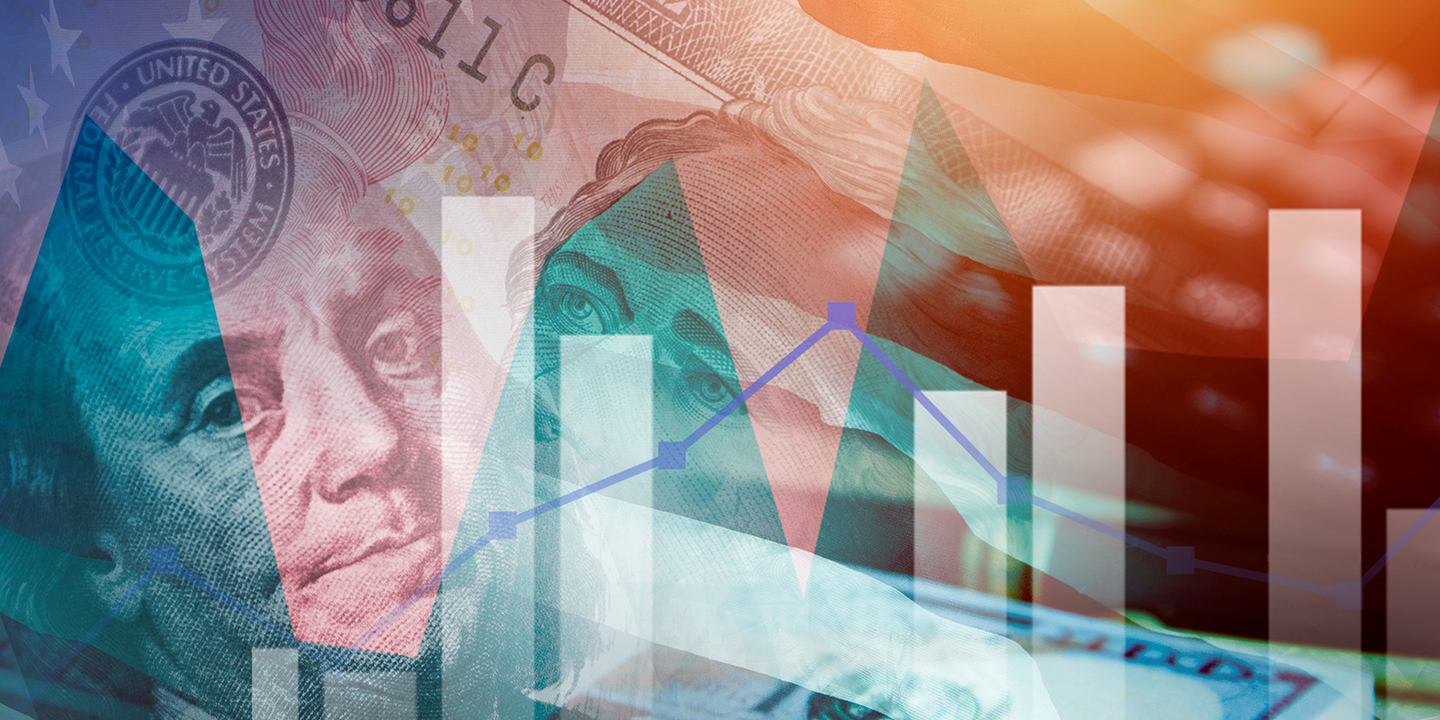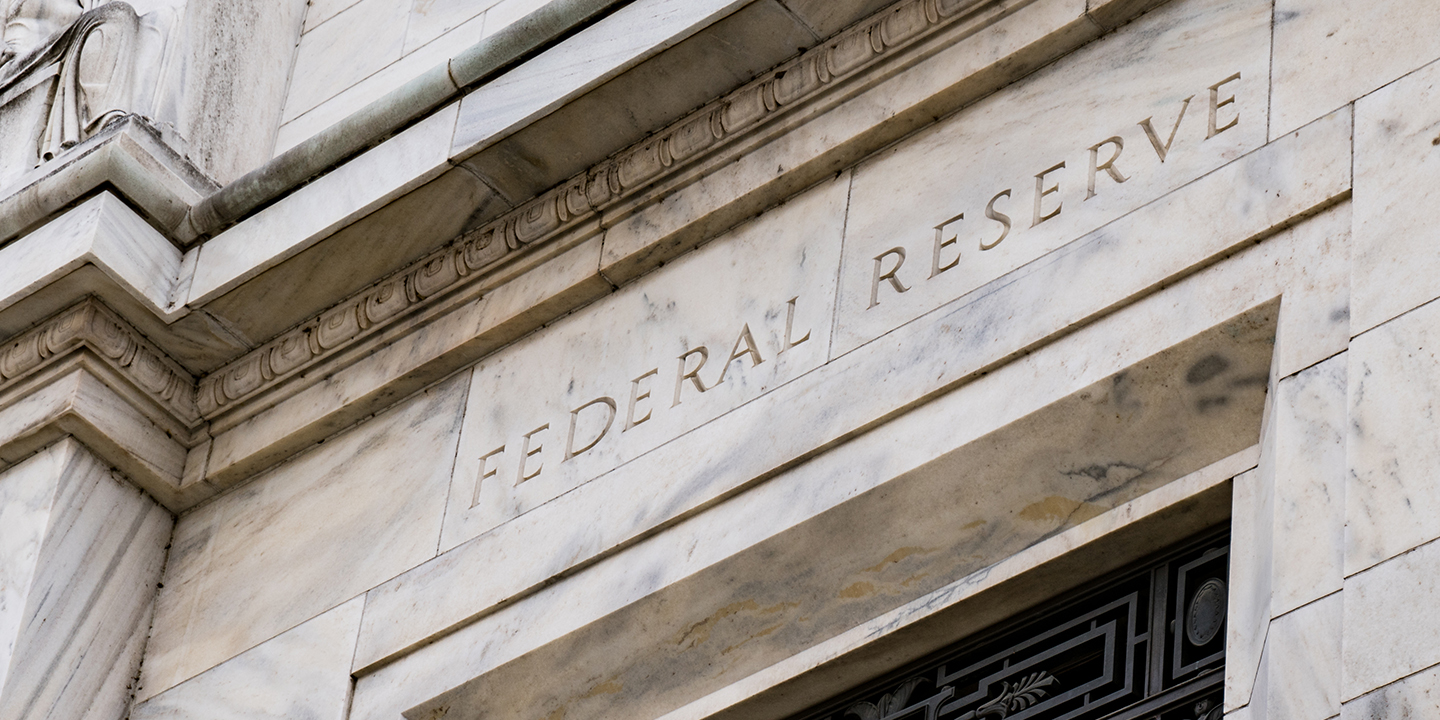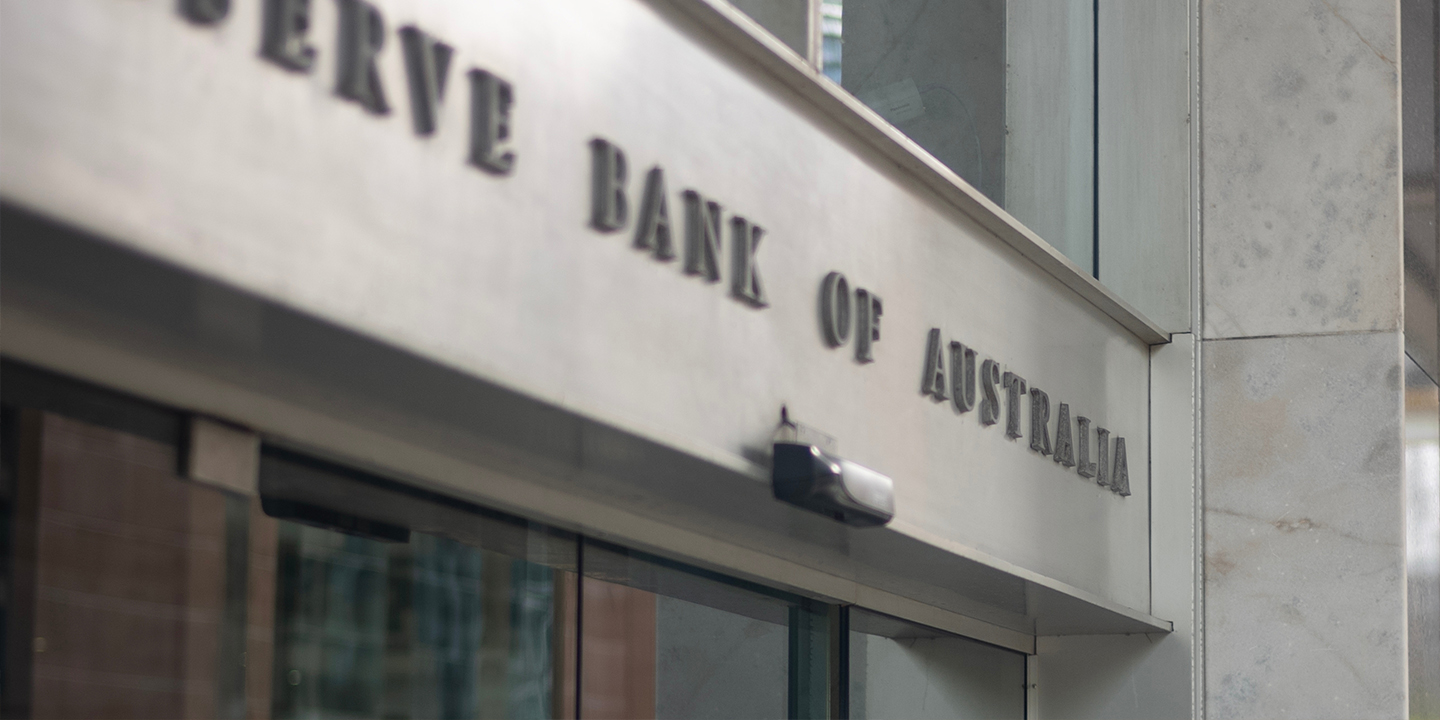In recent weeks, several media commentators have criticised Donald Trump’s “One Big Beautiful Bill” based on a statement by the Congressional Budget Office (CBO) that, under existing legislation, the bill adds US$3.4 trillion to the US budget deficit. What they often fail to mention is that this figure assumes all the tax cuts introduced in 2017 by Trump’s first administration expire at the end of this year.
Let’s examine what might have happened in January 2026 if the corporate tax cuts from Trump’s first term were not renewed and extended in the One Big Beautiful Bill.
Background: Corporate Tax Cuts
Before Trump’s first term, in 2016, the US corporate tax rate was 35%. In 2017, the Tax Cuts and Jobs Act reduced this rate to 21%. Because the bill was passed as a “Reconciliation Bill”, it required only a simple majority in the Senate. However, this 21% rate was scheduled to expire in January 2026.
The One Big Beautiful Bill, signed into law on 4 July 2025, made these expiring tax cuts permanent. It also locked in a range of individual tax cuts from the original 2017 legislation.
The Counterfactual: What If the Bill Had Not Passed?
Economists often use a “counterfactual” scenario to understand what could have happened. Let’s restrict ourselves to one case: what if the US corporate tax rate had reverted to 35% in 2026?
- This would represent a 14% increase in the corporate tax rate.
- Such an increase would cause a 14% drop in US corporate after-tax earnings starting January 2026.
Impact on the S&P 500
The Price/Earnings (P/E) ratio of the S&P 500 in July 2025 was 26.1, while the 10-year average P/E ratio is about 19.
If earnings per share fell by 14%, then:
- Short-term impact:
14% × P/E ratio of 26.1 = ~37% decline in the S&P 500. - As the market adjusted back to the long-term P/E ratio of 19, the decline might reduce to 27%.
Put simply:
Had the One Big Beautiful Bill not passed, the US stock market could have plunged by 37%, before stabilising at a 27% decline. The devastating effect on the US—and global—economy could plausibly have triggered a major recession.
Economic Warnings
On 9 June, Kevin Hassett, Director of the National Economic Council, stated in a CBS interview with Margaret Brennan that if the bill did not pass:
- US GDP would fall by 4%
- 6–7 million Americans would lose their jobs
The passage of the One Big Beautiful Bill on 4 July 2025 therefore avoided One Big Ugly Disaster.










